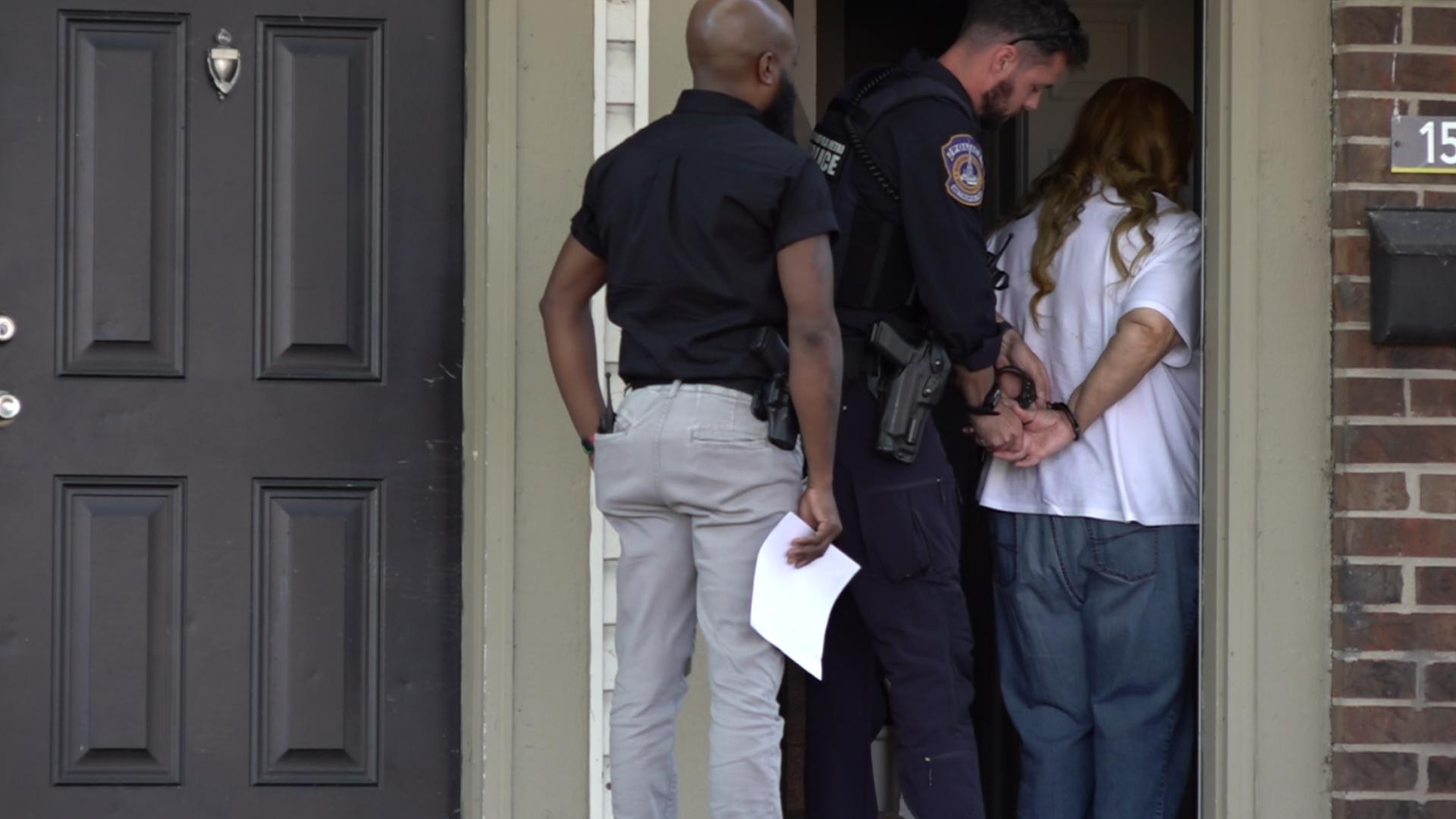INDIANAPOLIS — A 75-year-old woman was arrested Thursday for allegedly not caring for her 40-year-old daughter, who has disabilities.
"We understand that this is a population that is seven times more likely to be a victim of abuse," said Adrienne Reed, who works at Damar Services, an organization who helps those with disabilities.
According to court documents, the victim has cerebral palsy and requires assistance. Court documents say she is paralyzed on her left side and has a history of physical and mental impairments.
Police say they were dispatched to a home on the north side of Indianapolis in the 1500 block of Lancashire Court, near West 86th Street and Ditch Road, on Sept. 13 and found the woman lying on the floor between a wall and bed. According to court documents, Rose Chavis told officers her daughter had been that way for seven days, urinating and defecating on herself. Court documents say the reason given was because Chavis allegedly wanted her daughter to "get up on her own."
"When we have caregivers who are isolated, they might be at a greater risk to take out their frustrations on their loved one," Reed said.
As for how the police were called, the daughter said she used a wire hanger to fish over her cellphone and call 911.
Investigators say when they arrived and rolled the woman over, her skin ripped away from her body where she was laying. According to the court documents, nurses at the hospital claim they found maggots in some of her wounds.
"I don't know that we wake up and say that, 'You know what, I just want to wake up and be a really terrible caregiver,' but when we're looking at our adult population that still requires a high level of care and have pretty high needs, that's really exhausting and really taxing for a parent," Reed said.
Chavis was formally charged with two counts of neglect of a dependent. Her initial court hearing is scheduled for Monday, Oct. 7.
Reed said if you believe someone is being neglected or abused, first look for some key signs beyond the physical.
"As social workers and caregivers we look at changes in behavior, changes in functioning, is there an appearance of fear towards that caregiver?" Reed said.
And if you believe a person isn't being cared for or they're being harmed, Reed said to say something.
As for those caregivers who may be struggling, Reed suggests asking for help.

